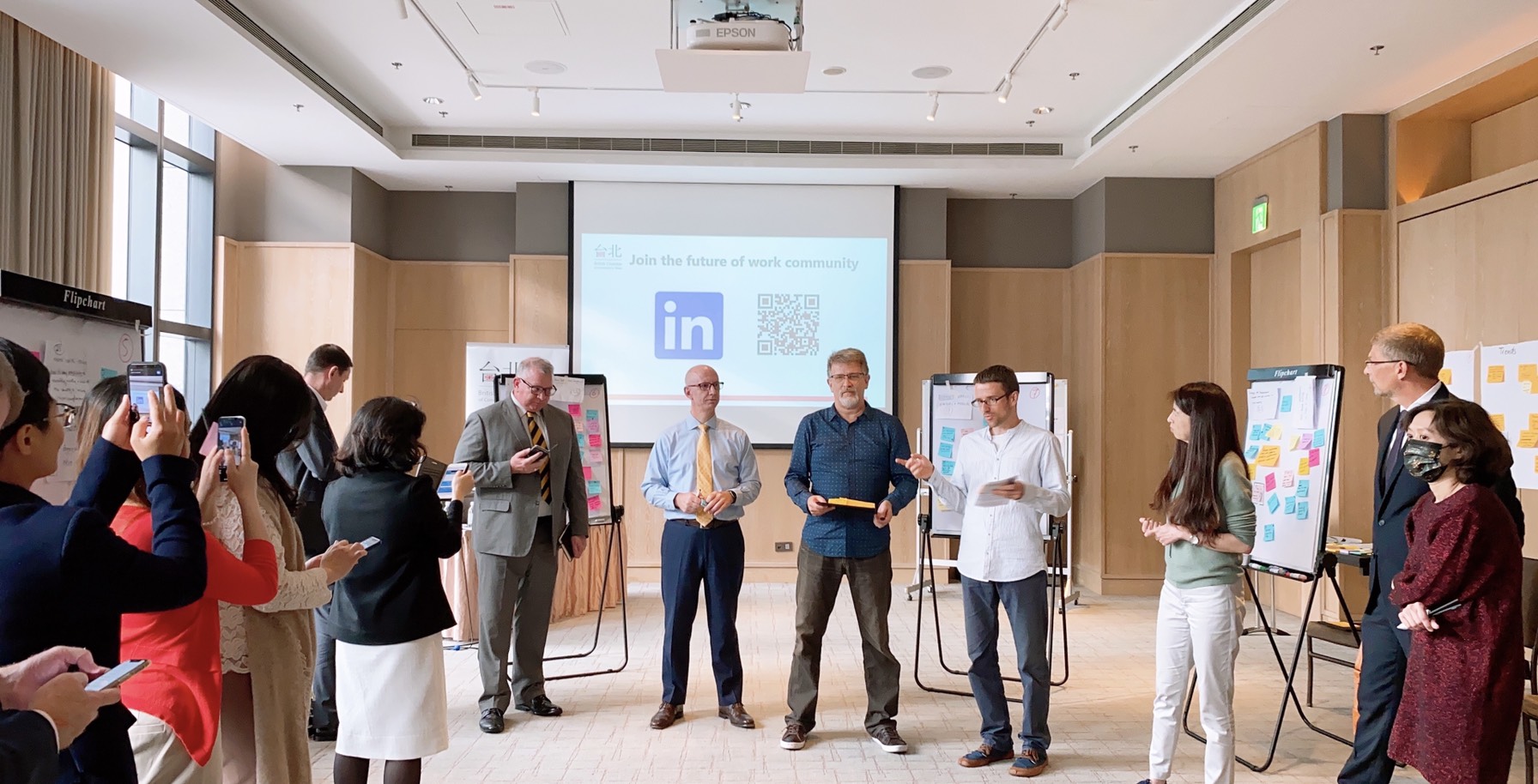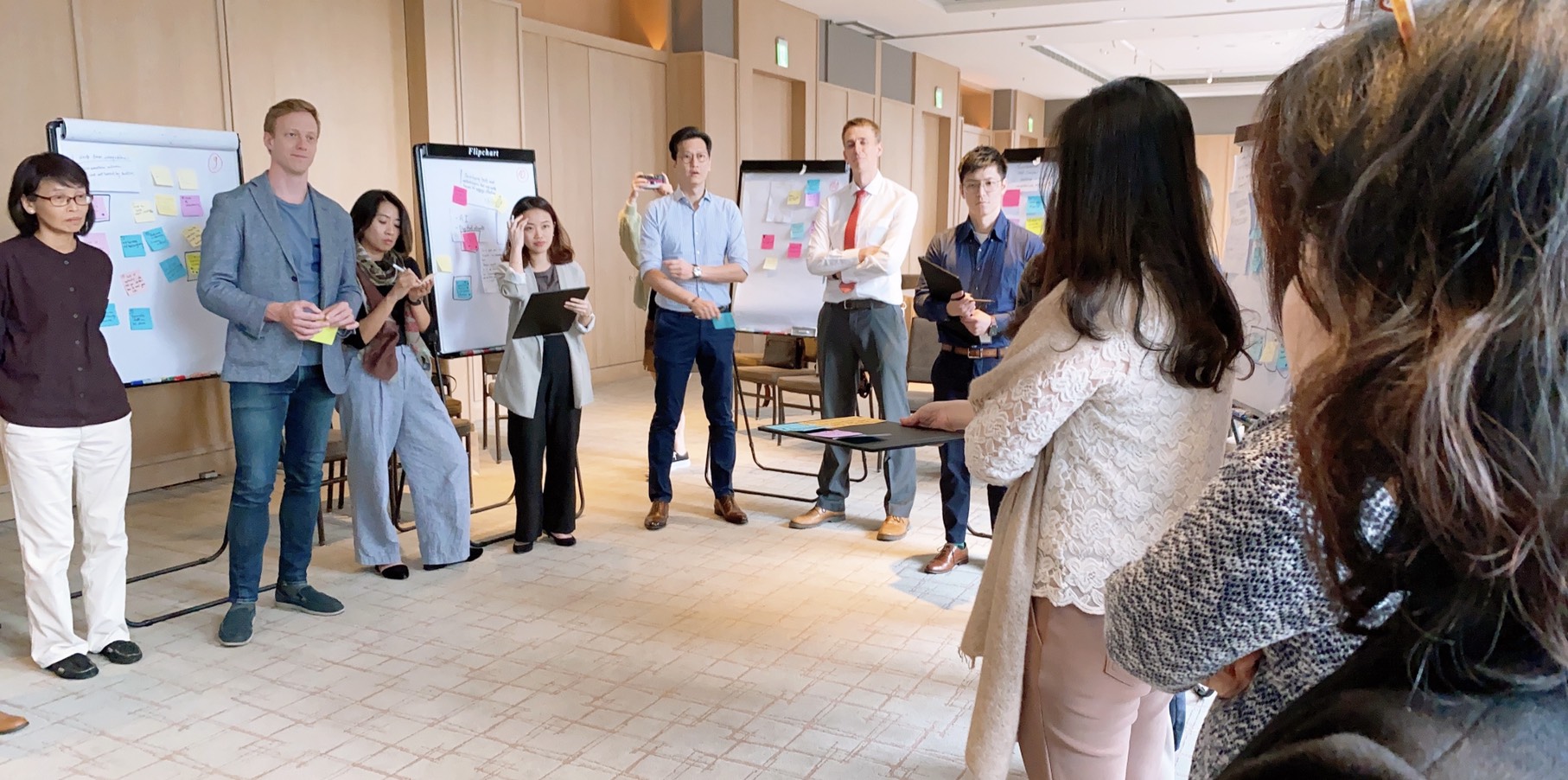The future of work – is Taiwan ready for it?

Source:Shutterstock
Because of Taiwan’s excellent management of the pandemic, Taiwan is in a special situation. On the one hand people enjoy a life without many restrictions, on the other hand the people here may lose a chance to change their world of work...
Views
The future of work – is Taiwan ready for it?
By Florian Rustlerweb only
Taiwan is currently often in the international news. More often than it used to be in the last years. In Germany, where I am from, Taiwan is regularly featured as the best example of how to deal with the Covid-19 pandemic effectively. During the past few months, when I spoke to customers and friends back in Europe, they really could not believe that life was more or less “normal” here in Taiwan, almost like there was no virus.
This fact already brings us to a key point:
The pandemic and many countries’ inability to deal with it effectively has acted as a catalyst to speed up some existing trends and developments. The pandemic served as an involuntary turbo-boost for change that was resisted for years before. This is also very much true for the world of work.
Two examples: A customer of ours, a large bank in Germany, was discussing for over 10 years to allow people to work from home, at least in part. For ten years there were repeated arguments why that would be impossible from technical, procedural and compliance perspectives. Thus, nothing happened.
Once Germany went into the first lockdown in March 2020, within 48(!) hours 7000 people in that bank were allowed and equipped to work from home. No major problems occurred. So, the reason why work from home was impossible in the past was never a technical one in the first place. It was a cultural one. People could not and did not want to imagine that it was possible.
(Source: Florian Rustler)
As a coach, facilitator and consultant, I regularly interact with larger groups from my clients. In the past these interactions were 95% on site and face to face.Doing this virtually was not even considered an option. I facilitated numerous strategy workshops where people were flown in from all over the world just to participate in a two-day session. Now, the majority of my work happens virtually, with me located in Taipei and my customer groups just anywhere in the world. This happens with all customers except for the ones in Taiwan. They want things on-site “because virtual doesn’t really work for this kind of situation”. The same arguments came from European companies until March 2020.
These are just two examples out of many of how the pandemic is rapidly speeding up developments in the working world just because people are forced to try it. The crisis brought them to a point where they had to realize that their way of thinking would not help them anymore. Once the pandemic is over, there will be a situation where organizations can deliberately choose the best of both worlds depending on what seems more appropriate.

Because of Taiwan’s excellent management of the pandemic, Taiwan is in a special situation.
On the one hand people enjoy a life without many restrictions, on the other hand it might affect Taiwan adapting and capturing important work developments that are currently forming in the rest of the world.
New work vs. old work
Not everything is related or affected by the pandemic. There are other developments happening elsewhere that Taiwan currently still is pretty unaffected by.
For a few years now “New Work” has become an important business movement in Europe.
New Work strives to unite the personal purpose of individuals with contributing to an organization:
Work should be something that people really want to do, not something they are forced or coerced to do.
The New Work movement has two driving forces. The first is an “internal” one. There is a change in values of many young people towards work. They have a different view on how work should be like compared to the generation of their parents. To shut up and just do what you are told is not good enough anymore. They want to contribute, have a feeling of self-efficacy and they want to be taken seriously. In short: They want to be treated like an adult.
The second driving force is an external one: The speed of change and complexity in today’s business world has increased even more over the last years, with the pandemic being one example. This forces most organizations and industries to think of ways to adapt to changing circumstances faster and more effectively. In other words: Organizations have to become more agile.
One meaningful approach to agility is to give more freedom and decision-making authority to individuals and teams that are close to where the problems occur. That leads to more autonomy and influence for many employees and thus being very much in line with the change of values of the younger generation.
While speed of change and complexity also affect Taiwan, the approach that many organizations take here, however, is not to introduce new ways of distributed decision making and more autonomy. Instead, people just have to put in more hours at work to keep up with the frequent changes leaders “at the top” have identified. This is not a very sustainable approach to being more agile.
So, while the buzzword of agility has already arrived in Taiwan, the attitude and behaviors of specific practices towards agility have not.
Awareness is increasing
From a foreign perspective I’d describe many organizations here as ultra-conservative. That is often due to the people who are currently still making the decisions. Because of the high power-distance in Taiwanese organizations change is difficult to come about, if the top-decision makers don’t see the need or are not willing to change. The sentence I also often hear then is: “We have been successful using our approach until this day.” There is no arguing with that. However, what made you successful in the past, does not guarantee success in the future.

A recent “future of work” event which I co-facilitated in Taipei showed that more and more people are aware of these changes.
Awareness is a first important step to change.
Let’s hope that organizations in Taiwan will take the next steps as well.
About the author:

Florian is founder of creaffective Munich and Asia, coach, consultant, trainer and bestselling author of five books on innovation, agility and effective collaboration.
He supports organizations worldwide in German, English and Mandarin to strengthen their capabilities for innovation and agility and helps them to better navigate complexity. He has been working with clients in Taiwan for the last 15 years. In 2020 he relocated with his family to Taipei.
Have you read?
♦ Why Taiwan's superb handling of COVID-19 could be a risk long-term
♦ The global pandemic has brought the unique chance for Taiwan… to truly go global!
♦ Taiwan needs to build a brand image beyond COVID-19
Uploaded by Penny Chiang







